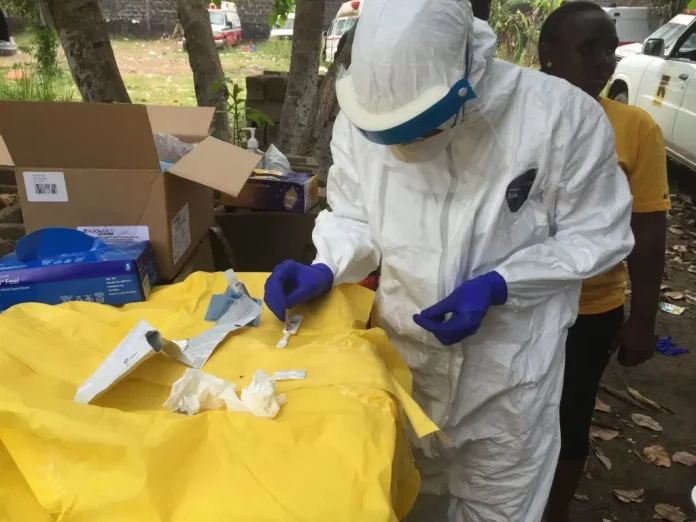After COVID-19 vaccine is licensed for use in the general population, officials around the world will be faced with the massive task of vaccinating billions of people, a logistical undertaking fraught with ethical dilemmas. A small but rising group of experts believe it is possible to employ viruses’ self-propagating properties to spread immunity rather than sickness.
A virus that spreads in the wild and gives protection to all animals in the population may theoretically prevent a zoonotic spillover event, snuffing out the spark that could start the next pandemic. The dangers of a future epidemic among humans could be lowered if wild rats that host the deadly Lassa virus are immunized. Scientists have been working with self-spreading vaccines for at least 20 years, work that is still ongoing and has grabbed the interest of the US military.
Public and scientific interest in vaccinations, including self-spreading vaccines, is extremely strong for obvious reasons, as they may be effective against zoonotic threats. After releasing an article in the journal Nature Ecology & Evolution, researchers Scott Nuismer and James Bull drew new media attention to self-spreading vaccines this summer. However, following coverage of the topic ignores the potentially serious consequences of releasing self-spreading vaccines into the environment.
Self-spreading vaccinations may pose substantial hazards, and the possibility of deploying them presents difficult considerations.
Van Rensburg and Daniel Goosen, a lab director, testified to the Truth and Reconciliation Commission that the true goal behind the experiment was to selectively administer the contraception in secret to naïve Black South African women.
Project Coast was formally wound down in 1995, 12 years after it began, and the anti-fertility vaccine was never developed. Baboons were used to test an early version, but humans were never involved. South Africa isn’t the only government that has tried to sterilize segments of its population for political reasons. In the early half of the twentieth century, European countries sterilized members of the Roma minority, notably Sweden and Switzerland, and some, like Slovakia, persisted even after that. Analysts have recently claimed that the Chinese government is sterilizing women in Xinjiang, a province with a strong Uighur Muslim population.













